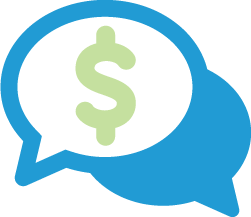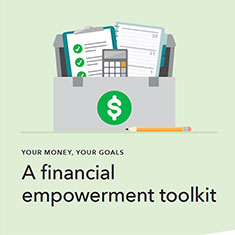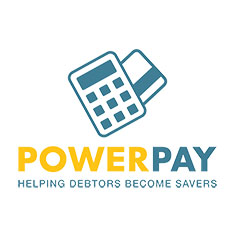Debt
Debt is the money you borrow from someone else, agreeing to pay it back later, usually with extra charges called interest. Unexpected events like losing a job or medical emergencies can make it hard to repay what's owed, leading to even more debt. It's important to borrow wisely and make sure to pay back what's owed on time to avoid getting overwhelmed by debt.
Debt can be classified into various types, including secured and unsecured, revolving, and installment.
- Secured debt is backed by collateral, such as a house in the case of a mortgage, reducing the lender's risk.
- Unsecured debt, like most credit card debt, does not have collateral and often carries higher interest rates.
- Revolving debt, such as credit card debt, allows for the borrowed amount to be repeatedly borrowed and repaid up to a certain limit.
- Installment debt, like a car loan, is repaid in regular payments over a set term.
Managing debt well means knowing the terms, total borrowing costs (like interest and fees), and when to pay it back. When handled properly, debt can be helpful for reaching financial goals and staying financially stable.
Did you know?
Americans owe more than $1 trillion in credit card debt, showing that many people are increasingly depending on credit cards for both important and optional purchases.

The Impacts of Debt
Debt impacts your spending ability and affects stress levels. The more you owe, the more of your earnings go towards paying back loans and interest, leaving less for savings or everyday needs.
Borrowing too much can lead to a cycle of borrowing more just to stay afloat. Extreme indebtedness may lead to anxiety, stress and strained relationships.
Budgeting, living within your means, and creating a repayment plan can help ease the financial and emotional strain of debt.
Getting Out of Debt
Getting out of debt takes planning and commitment, but it's possible! The first step is to list your debts including total balances, interest rates, and minimum monthly payments.
Use PowerPay, a free, nationally recognized, award-winning tool to create your personalized, self-directed, debt repayment plan. PowerPay calculates your debt payoff timeline and gives you options to customize your approach.
Debt Management Tips
The best-practices to manage debt include:
- Make and use a budget.
- Trim expenses to live within your means.
- Find ways to increase income.
- Make on-time payments.
- Don’t ignore communication from creditors.
- Set a goal for debt repayment.
- Celebrate progress along the way
Tips for talking about debt with kids
- Use Simple Terms: Start with a basic explanation of what debt is—owing money to someone else that must be paid back, often with extra (interest).
- Illustrate with Examples: Use relatable examples to explain how debt works. For instance, compare it to borrowing a toy from a friend and needing to return it, perhaps with a small thank you note or treat for letting you borrow it (interest).
- Discuss Good vs. Bad Debt: Explain that not all debt is bad. For instance, a mortgage can be considered good debt because it's for a home, potentially increasing in value. Conversely, high-interest credit card debt from unnecessary purchases is often seen as bad debt.

Additional Resources

CFPB: Your Money, Your Goals toolkit
Dealing with Debt. Tools and handouts to help keep track of debt, compare and repay loans, avoid debt and more.

Consumer Financial Protection Bureau
A website to help understand how debt collection works and what rights you have.

Federal Trade Commission
Federal Trade Commission information on how to get out of debt.

PowerPay Debt Elimination Calculator
PowerPay Debt Elimination Calculator created by Utah State University Extension. Free website to calculate and strategize debt payoff.




